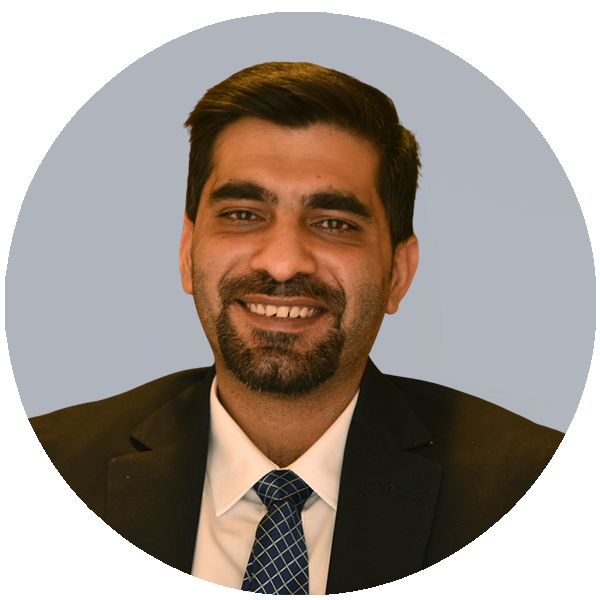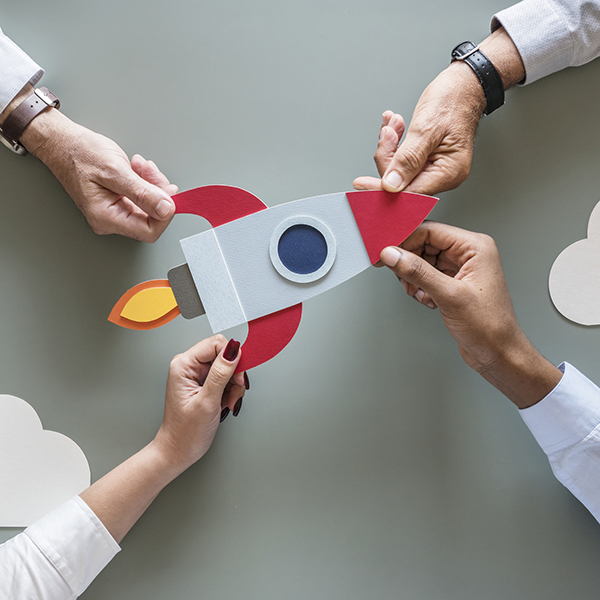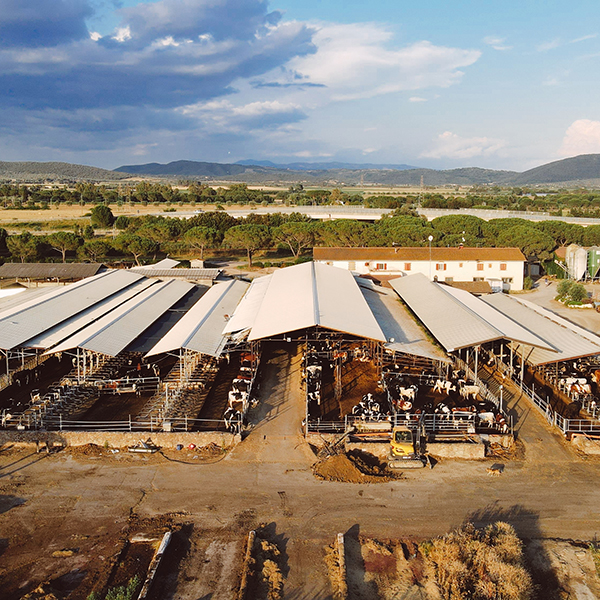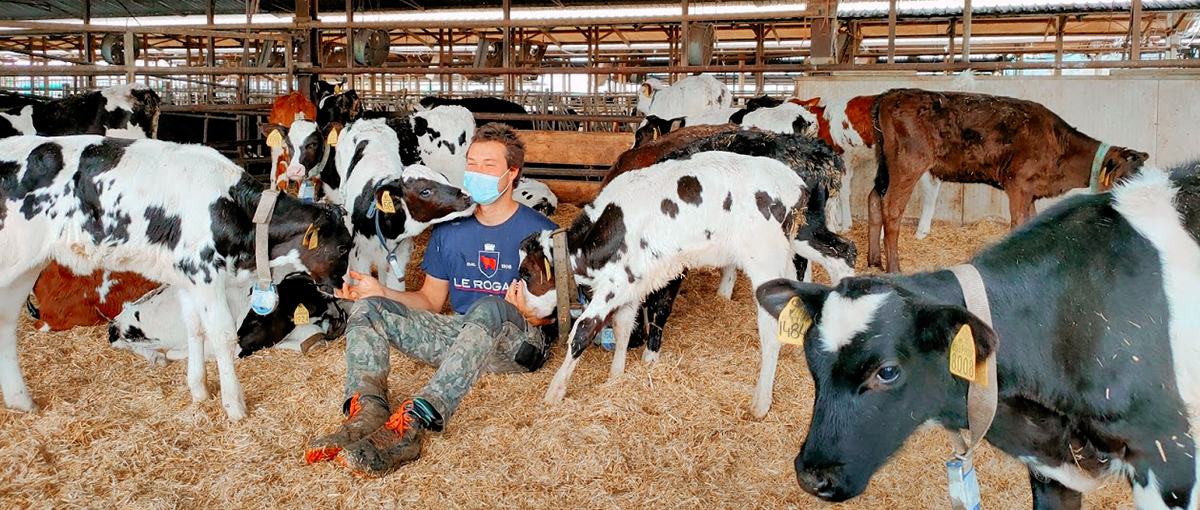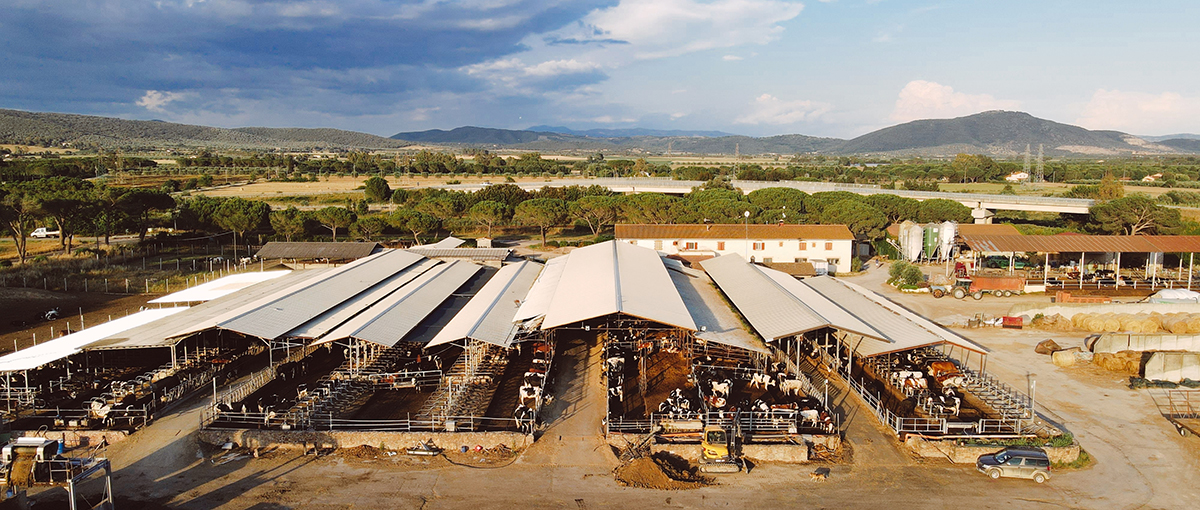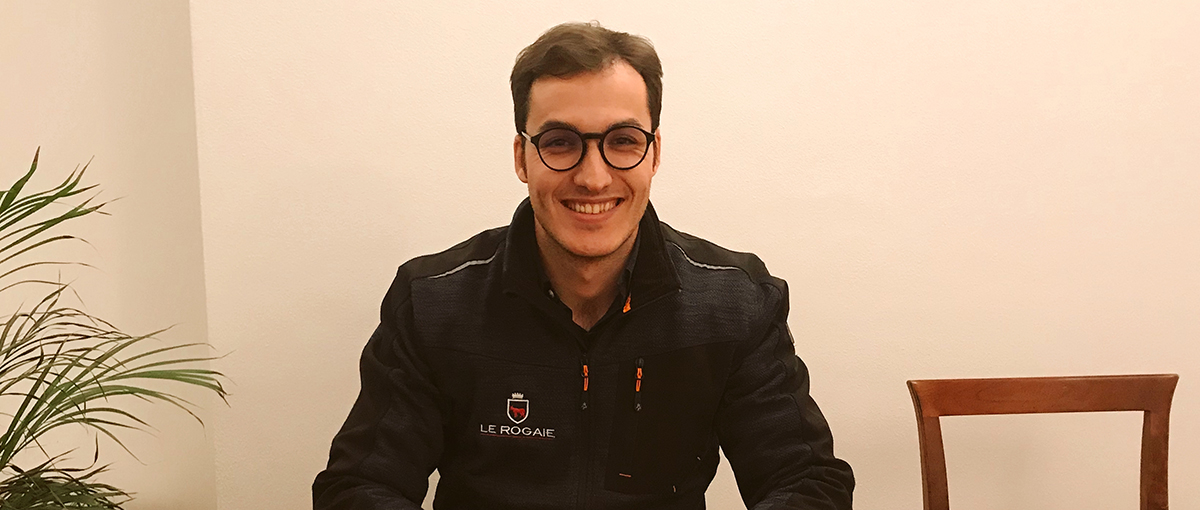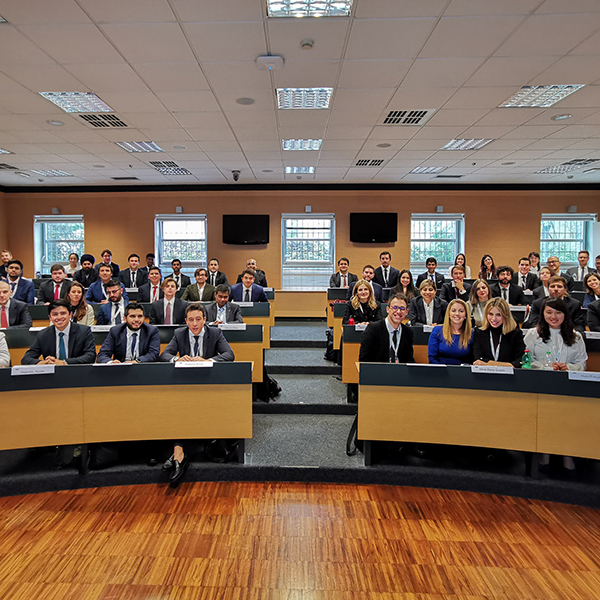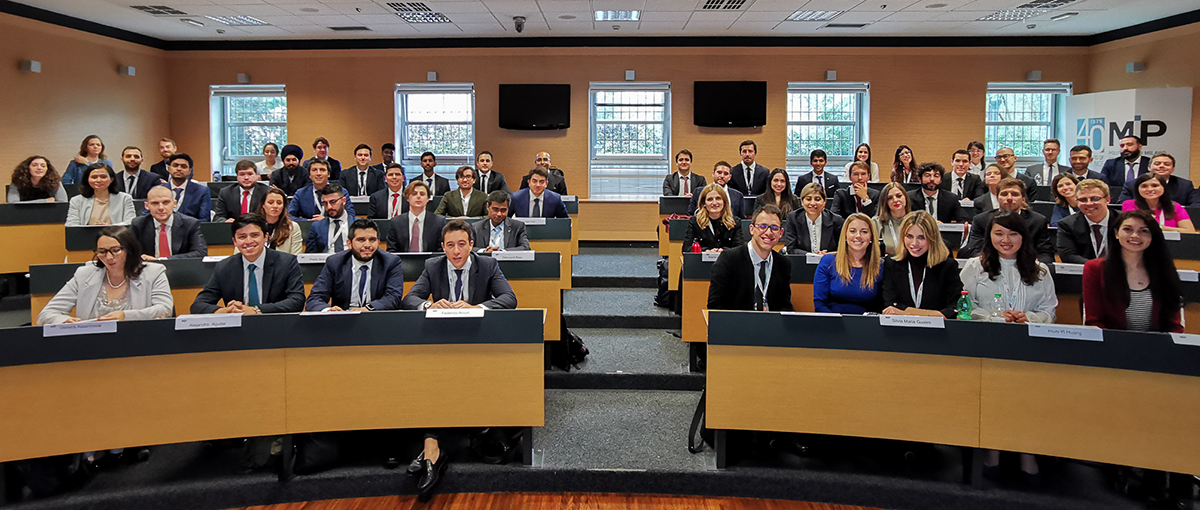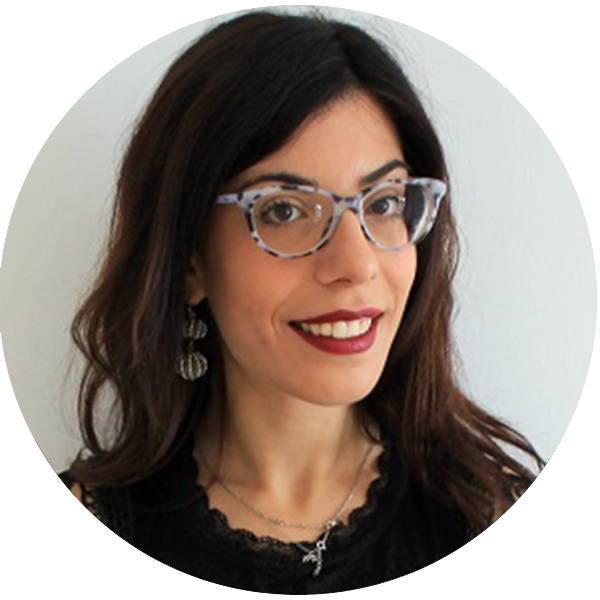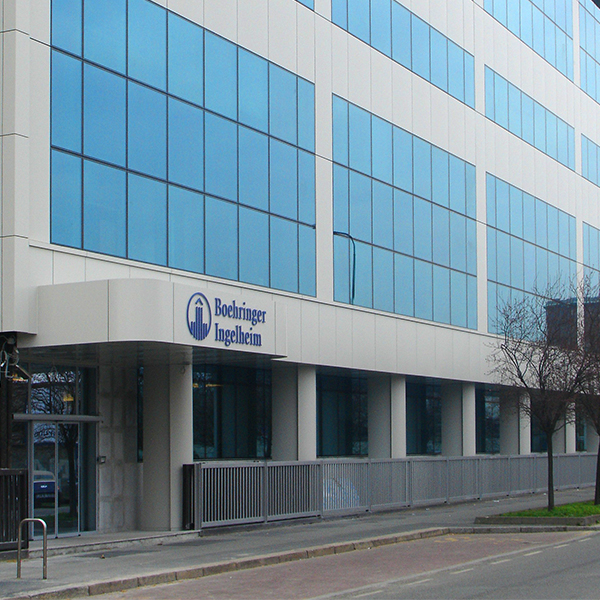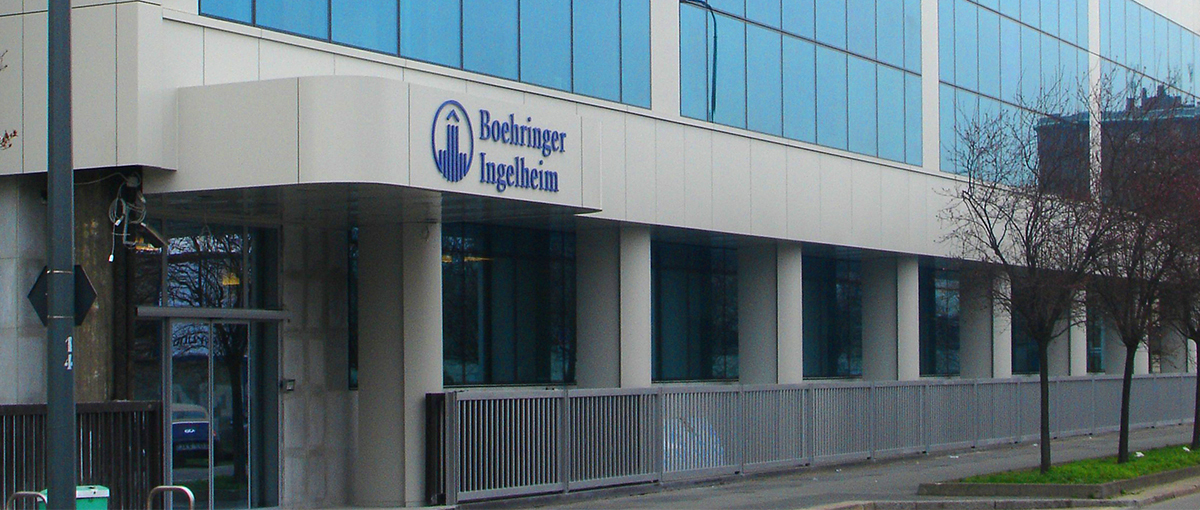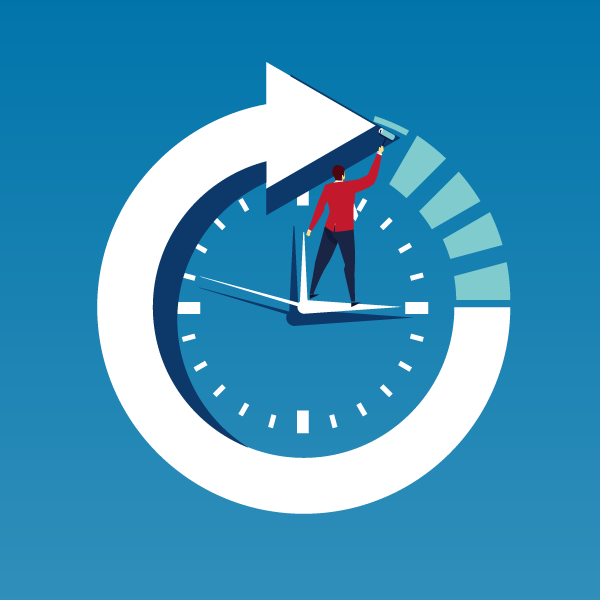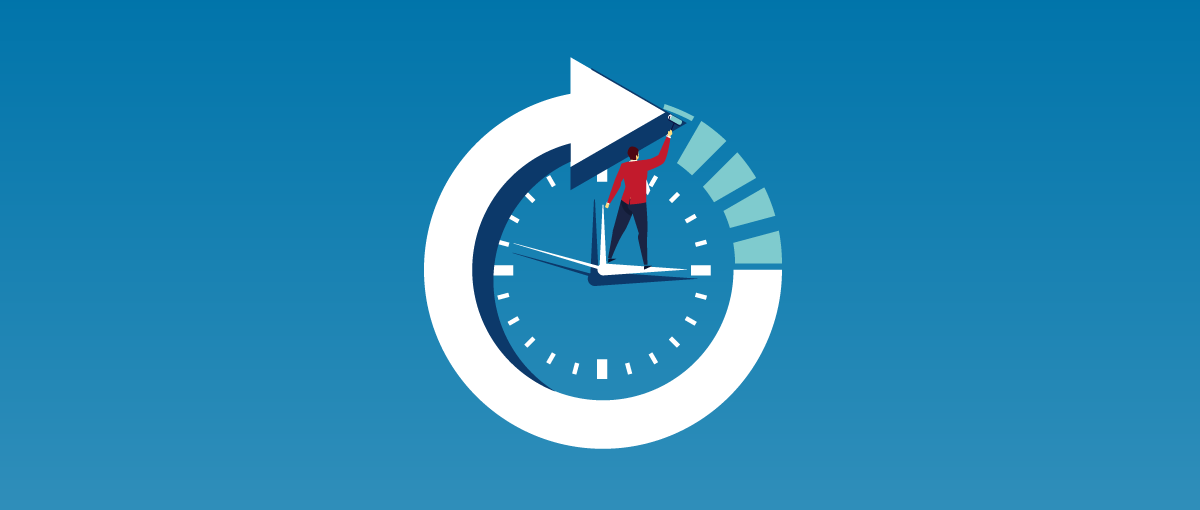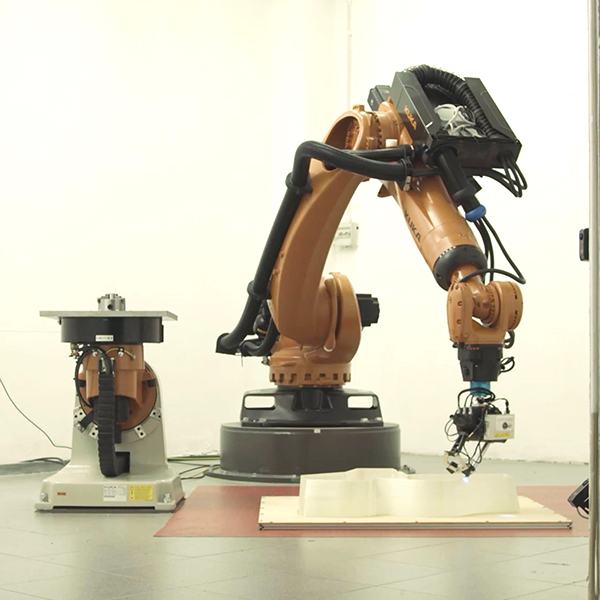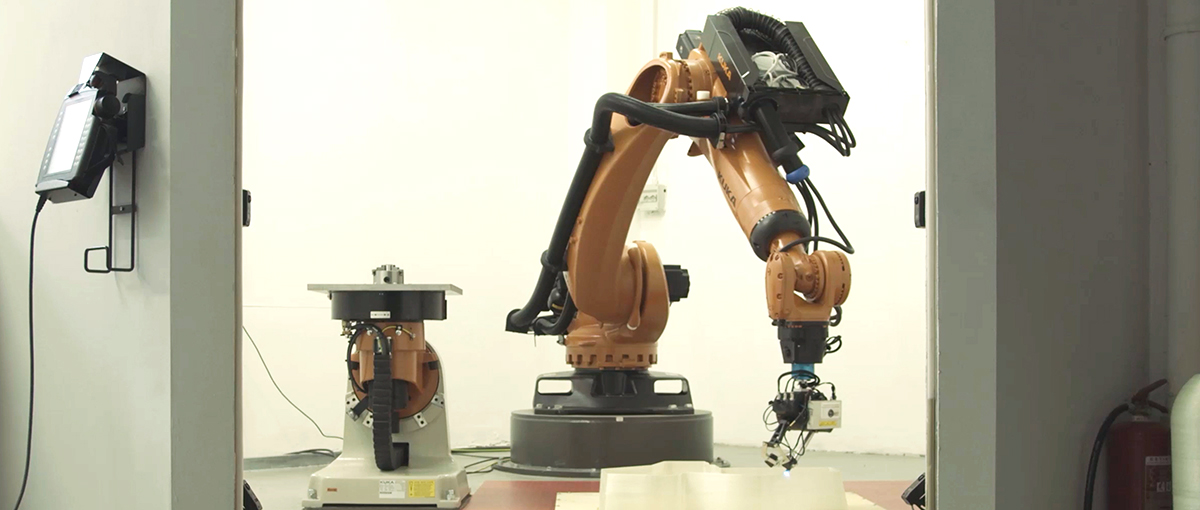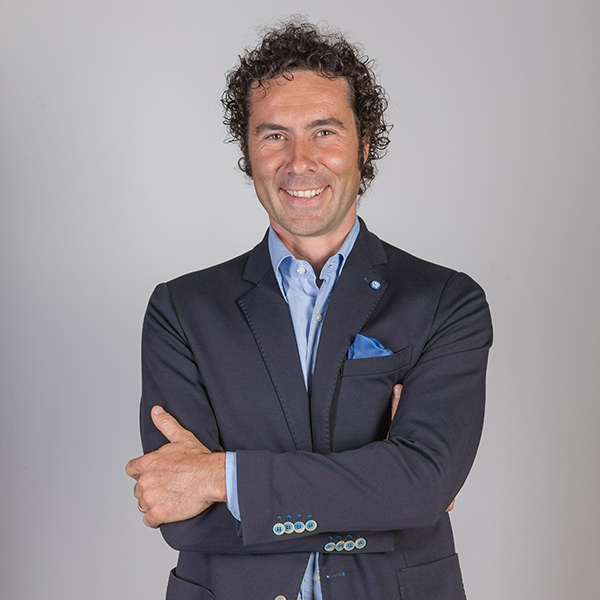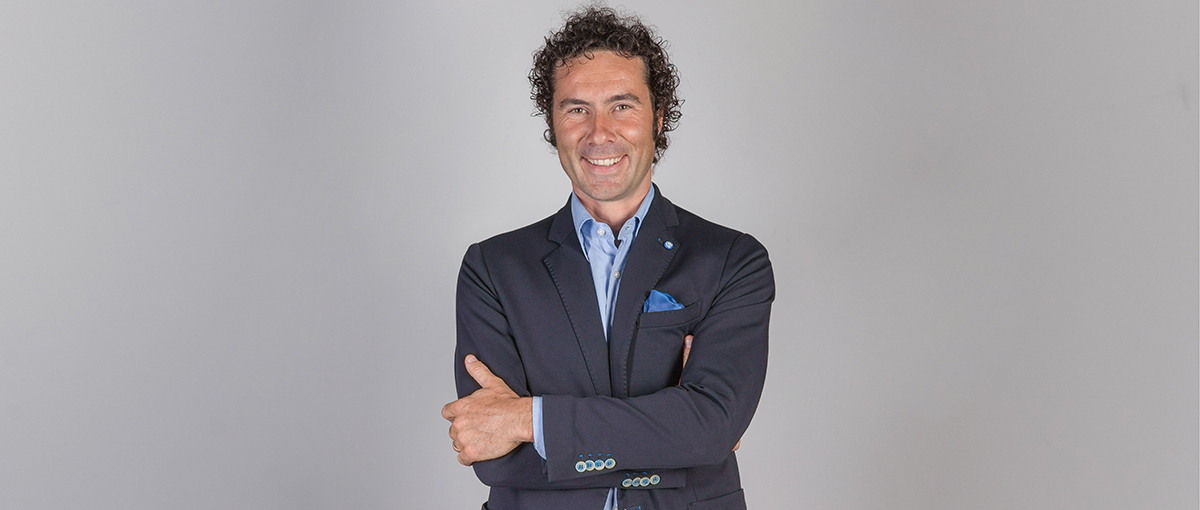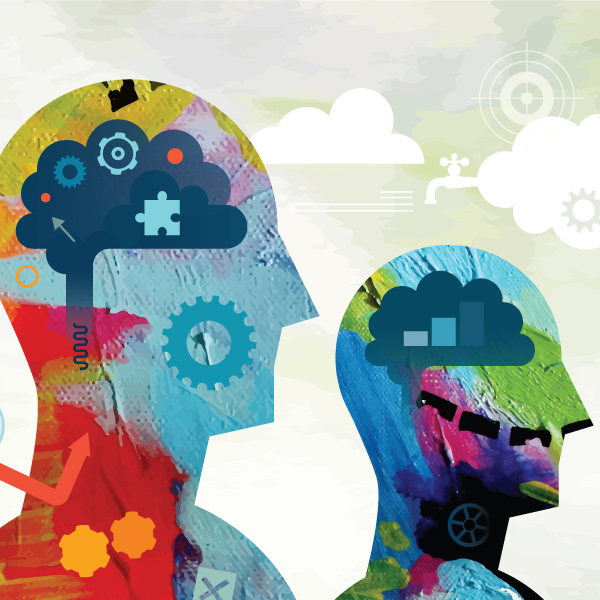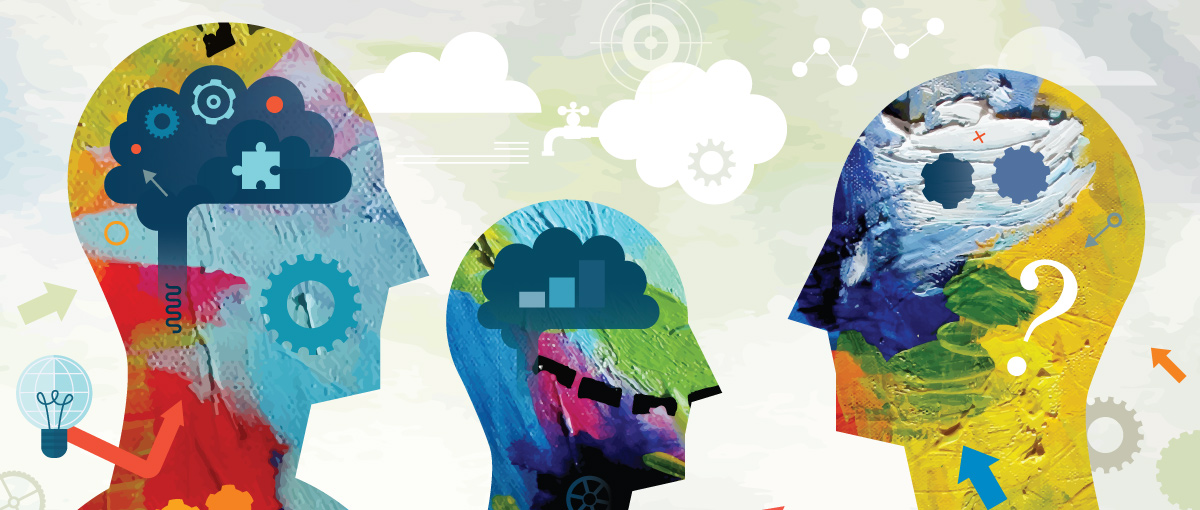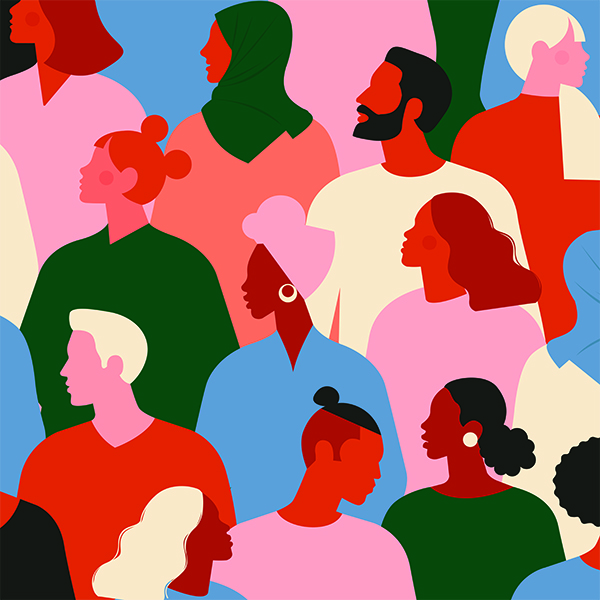
If there is one thing that we associate with the current era it is the availability of numerous options for learning and upgrading our skill set as professionals. With most industries evolving rapidly in the wake of the pandemic, it is more imperative than ever to continuously upgrade your skill set and be prepared for the challenges that lie ahead.
Before picking a learning path, one thing that will greatly help you to understand the long-term goals you have for yourself is if you just write down how you see yourself in 5-10 years’ time. This exercise will help in getting an understanding of your current position with regard to your future goals.
Let’s begin with the tips and tricks to choosing the correct learning path that we have been promising you all along.
1. Create A Mind Map
A mind map is a tool to help us think in a more tangible form, so that we can expand upon our ideas, refine them, and use them to get things done. They are also powerful ways to develop a deeper understanding of our goals and ambitions. Mind mapping demands meaningful engagement because learners actively engage in the process of brainstorming, generating ideas, and connecting concepts together while reviewing and developing mind maps.
You can draw a mind map that showcases the topics, and sub-topics branching from them, which you plan to cover for your end goal. One can use different colours, shapes, icons, node sizes etc. We have at our disposal some online tools, both free and paid, that can help you store information such as Mind Node and X Mind, among others.
2. Focus with Research
Now that you’ve listed down all the ideas that can be executed in the pursuit of those long-term goals, it is time to do some due diligence or research to separate those which are absolutely important from those that can be tackled with less urgency. It is important to be smart about time management and to know how to prioritize the acquisition of skills.
Research everything you can about the position you want to achieve and make a list of the various factors that you think you might be lacking! From here, identify the must-haves and design a schedule to dedicate time to acquiring these skills. Depending on your professional and personal commitments, your schedule could be daily, weekly or monthly.
3. Define SMART Goals
As part of our MBA, we place emphasis on having SMART goals, not just for businesses but also for our personal growth! For a learning path to be truly valuable, the learner must have the ability to define their SMART goals. SMART goals are a management ethic that defines milestones on the path of learning that are Specific, Measurable, Achievable, Realistic & Time-bound. Here is a brief for these goals in the context of the learning path:
- Specific: Identify the specific skills needed
- Measurable: Quantify an indicator of progress for measurable goals such as certifications
- Achievable: Research the courses that will help you achieve them
- Realistic: State what results can realistically be achieved, given the available resources
- Time-related: Specify the target date or general time frame when the result(s) can be achieved
Keeping a track of these SMART goals will initiate a key aspect of any learning path: self-assessment. Once you learn to self-assess your actions you will be able to clearly see the direction you’re headed in and what results you can expect in the amount of time you are dedicating to the end goal.
4. Visualize the End Goal
Visualization is a last-minute check of reasons and motivations before embarking on the journey of learning. The ability to visualize your future self will require you to ask yourself hard questions and figure out where your end goal features in the scheme of your future aspirations and desires.
Some benefits of visualization include:
- Visualizing outcomes that you want can increase your confidence. “Seeing” yourself succeed, helps you believe that it can – and will – happen.
- Visualization helps you “practice” success. When you imagine every step of an event or activity, you get your mind and body ready to take these steps in real life.
Visualization is a powerful process, that can help ignite action in you − action needed to move in the direction of the future self, which has motivated you to take up the particular learning path to realizing your long-term ambitions.
5. Get Going
Now that you have a mind map ready for your goals and you have managed to define the SMART goals necessary to track your progress along the way, we come to the most important step! Start and start now and take action to achieve your goals. Until you put all the steps listed above into action, they’re just theories with little potential to help you level up your skill set.
Since you already have the list of skills that are an absolute must-have for your long-term aspirations, it is now time to start acquiring them, one skill at a time! At MiP Politecnico di Milano, we have been taught the importance of constantly working at our skills and work regularly in upgrading them earnestly and with passion.
About the author
|
|
Rakshit Behel
A results-oriented marketing communications professional helping brands achieve objectives with integrated marketing campaigns built around branded content. From creatively developing and implementing digital marketing and content strategies to measuring performance with analytics and providing insights into useful data, aligned to brands’ business goals; experience of working with clients from different industries: Hospitality, IT, Fintech, Media and Healthcare. |

